Get Sclerotherapy in Turkey: Price Guide & Savings
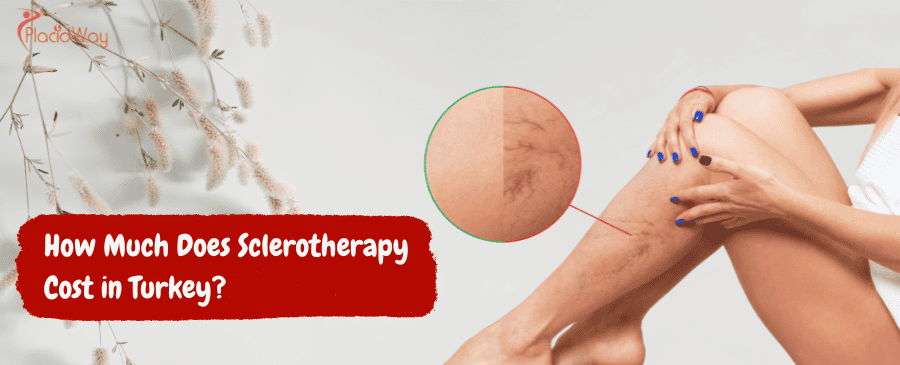
Welcome to our comprehensive guide on sclerotherapy costs in Turkey! If you're considering treatment for those pesky varicose or spider veins, you've likely heard about the affordability and quality of care available in Turkey. Sclerotherapy is a popular and effective procedure designed to reduce the appearance of these veins, offering both aesthetic improvement and relief from discomfort. This blog post will break down everything you need to know about the cost, what's included, and why Turkey has become a leading destination for this procedure. We'll answer all your pressing questions, giving you a clear picture of what to expect when planning your sclerotherapy treatment in this beautiful country.
How much does sclerotherapy typically cost in Turkey?
The price of sclerotherapy in Turkey can vary significantly, but generally, you can expect to pay anywhere from $500 to $3,300 for the procedure. The average cost for a standard sclerotherapy session is often quoted around $2,000. This range depends on several factors, including the specific clinic you choose, the reputation and experience of the doctor, the extent and severity of your varicose or spider veins, and whether additional diagnostic tests or follow-up sessions are required. Turkey is well-known for offering high-quality medical treatments at more affordable prices compared to many Western countries, making it an attractive option for medical tourists seeking vein treatments.
For example, some clinics might offer basic sclerotherapy sessions at the lower end of the spectrum, while comprehensive packages that include preliminary consultations, diagnostic scans like Doppler ultrasounds, multiple treatment sessions, and post-procedure care might fall into the higher price range. It's important to get a detailed quote from your chosen clinic to understand exactly what is covered in the stated price. The competitive market among Turkish clinics contributes to these varied yet generally lower costs.
What factors influence the cost of sclerotherapy in Turkey?
Several key factors can influence the final price you pay for sclerotherapy in Turkey. Understanding these can help you budget effectively and choose the right treatment plan for your needs.
- Severity and Number of Veins: The extent of your vein issues is a primary determinant. If you have only a few small spider veins, the treatment will be less complex and therefore less expensive than treating numerous, larger varicose veins that might require multiple injections or sessions.
- Number of Sessions Required: Sclerotherapy often requires more than one session to achieve optimal results, especially for more extensive vein problems. Each additional session will add to the overall cost. Clinics might offer package deals for multiple sessions, which could be more cost-effective than paying per session.
- Type of Sclerosing Solution Used: Different sclerosing solutions are available, and their cost can vary. The choice of solution depends on the type and size of the veins being treated, and your doctor will select the most appropriate one for your case.
- Clinic's Location and Reputation: Clinics in major cities like Istanbul or Antalya might have slightly higher prices due to higher operating costs. Furthermore, highly reputable clinics with renowned specialists often command higher fees, reflecting their experience and success rates.
- Inclusions in the Treatment Package: Some clinics offer all-inclusive packages that cover consultation fees, diagnostic tests (like Doppler ultrasounds), the sclerotherapy procedure itself, and post-procedure follow-ups. Others might quote a basic procedure price, with additional services billed separately. Always clarify what is included in the quoted price.
Is sclerotherapy for spider veins cheaper than for varicose veins in Turkey?
Generally speaking, yes, sclerotherapy for spider veins tends to be less expensive than treatment for larger varicose veins in Turkey. Spider veins are smaller, usually superficial, and often require less sclerosing solution per injection. They might also respond more quickly to treatment, potentially needing fewer sessions compared to varicose veins.
Varicose veins, on the other hand, are larger, often bulging, and can be deeper, requiring a greater volume of sclerosing agent and sometimes more complex techniques like ultrasound-guided sclerotherapy. This increased complexity and material usage directly translate to a higher cost. If you have both spider and varicose veins, your treatment plan and cost will be tailored to address both conditions, likely falling somewhere in the middle to higher range of the price spectrum.
What does a typical sclerotherapy package in Turkey include?
When considering sclerotherapy in Turkey, it's helpful to know what a typical package might include to avoid any hidden costs. While offerings can vary between clinics, a comprehensive package often covers the following:
- Initial Consultation: This involves a thorough examination by a vascular specialist or dermatologist to assess your vein condition, discuss your medical history, and determine if sclerotherapy is the right treatment for you.
- Diagnostic Imaging: Often, a Doppler ultrasound scan is performed to map the veins, especially for varicose veins, to identify the source of the problem and guide the treatment precisely.
- The Sclerotherapy Procedure: This is the core of the package, covering the cost of the sclerosing solution and the injections administered by the doctor.
- Compression Stockings: Many clinics will provide or recommend compression stockings to be worn after the procedure, which are crucial for optimal results and to minimize side effects.
- Follow-up Appointments: One or more follow-up visits might be included to monitor your progress, assess the need for additional sessions, and address any concerns.
Some premium packages might also include airport transfers, accommodation assistance, and translator services, especially for international patients. Always ask for a detailed breakdown of what is included in your chosen package.
Are there hidden costs associated with sclerotherapy in Turkey?
While clinics in Turkey are generally transparent about their pricing, it's always wise to be aware of potential extra costs that might not be immediately obvious. To avoid surprises, here's what to look out for:
- Number of Sessions: The initial quote might be for a single session. If more sessions are needed due to the severity of your veins, each additional session will incur an extra charge.
- Pre-operative Tests: While a standard Doppler ultrasound is often included, more specialized diagnostic tests if deemed necessary might be an additional cost.
- Medication: Any pain relievers, anti-inflammatory drugs, or other medications prescribed after the procedure might not be part of the package price.
- Post-procedure Supplies: While compression stockings are often included, if you need more than one pair or a specific type, these could be extra.
- Accommodation and Travel: These are almost always separate costs for international patients. While some clinics offer assistance, the actual booking and payment for flights and hotels are your responsibility.
It is crucial to request a comprehensive, itemized quote from the clinic before committing to treatment. Don't hesitate to ask questions about anything that seems unclear.
How does the cost of sclerotherapy in Turkey compare to other countries?
One of the primary reasons many individuals choose Turkey for medical treatments, including sclerotherapy, is the substantial cost savings. The price of sclerotherapy in Turkey is considerably lower than in many Western countries, often by 50-70% or more. Let's look at a general comparison:
| Country | Estimated Sclerotherapy Cost (Per Session) |
|---|---|
| Turkey | $500 - $3,300 |
| United States | $300 - $1,000+ (per session, can reach $3,000+ for complex cases) |
| United Kingdom | £200 - £600 (approx. $250 - $750) per session |
| Canada | CAD 200 - CAD 800 (approx. $150 - $600) per session |
| Western Europe (e.g., Germany, France) | €200 - €800 (approx. $220 - $880) per session |
The lower cost in Turkey is primarily due to lower overheads, including staff salaries, facility rents, and administrative expenses. Despite the lower prices, many Turkish clinics maintain high standards of quality, utilizing modern equipment and highly trained medical professionals, making it an excellent value proposition for international patients.
Is the quality of sclerotherapy in Turkey comparable to Western standards?
Many clinics in Turkey, particularly those catering to international patients, adhere to very high standards of medical care that are comparable to or even exceed those in Western countries. This is largely due to several factors:
- International Accreditations: Many Turkish hospitals and clinics are accredited by international organizations such as the Joint Commission International (JCI), which signifies adherence to rigorous quality and patient safety standards.
- Experienced Specialists: Turkey has a strong medical education system, and many vascular surgeons and dermatologists practicing sclerotherapy have received training internationally or have extensive experience.
- Advanced Technology: Clinics often invest in the latest medical equipment and technologies for diagnosis and treatment, ensuring effective and safe procedures.
- Patient-Centric Care: To attract international patients, Turkish clinics often prioritize patient satisfaction, offering comprehensive services, personalized care, and often, multilingual staff.
It's always recommended to research specific clinics and doctors, read patient reviews, and check for accreditations to ensure you choose a reputable provider for your sclerotherapy treatment.
How many sclerotherapy sessions are typically needed?
The exact number of sclerotherapy sessions required can vary significantly from person to person, as it depends on the type, size, and number of veins being treated, as well as how your body responds to the treatment. Here's a general guideline:
- Spider Veins: For smaller spider veins, 1 to 3 sessions are typically sufficient. These sessions are usually spaced a few weeks apart to allow the treated veins to fade and for any swelling to subside.
- Varicose Veins: Larger varicose veins often require more extensive treatment. You might need 3 to 5 sessions, or even more for very severe cases. The doctor will assess your progress after each session and determine if further treatment is necessary.
During your initial consultation in Turkey, the specialist will evaluate your condition and provide an estimated number of sessions you might need. This will help you get a clearer understanding of the overall cost and time commitment.
What is the recovery time after sclerotherapy?
One of the appealing aspects of sclerotherapy is its minimal downtime. The recovery process is typically straightforward and quick:
- Immediate Activity: You are usually encouraged to walk immediately after the procedure to promote blood flow and prevent complications.
- Compression Stockings: You will likely be required to wear compression stockings for several days or weeks after the treatment. These help to keep pressure on the treated veins, reduce swelling, and improve results.
- Activity Restrictions: While light activities are encouraged, strenuous exercise, heavy lifting, hot baths, saunas, and direct sun exposure on the treated areas should be avoided for at least a few days to a week, or as advised by your doctor.
- Side Effects: You might experience some mild bruising, swelling, tenderness, or discoloration along the treated veins. These side effects are normal and usually subside within a few weeks.
Most people can return to their normal daily routine, including work, almost immediately after sclerotherapy. Full fading of the treated veins can take several weeks to a few months.
Are there different types of sclerotherapy available in Turkey?
Turkish clinics offer different types of sclerotherapy to cater to various vein conditions, ensuring a tailored approach for optimal results. The main types include:
- Liquid Sclerotherapy: This is the most common form, where the sclerosing solution is injected directly into the vein in liquid form. It's highly effective for smaller spider veins and reticular veins.
- Foam Sclerotherapy: For larger varicose veins, the sclerosing solution is mixed with air to create a foam. This foam has a greater surface area and can displace blood more effectively, making it suitable for treating bigger, more complex veins. Ultrasound guidance is often used with foam sclerotherapy to ensure precise delivery.
- Ultrasound-Guided Sclerotherapy: This technique uses ultrasound imaging to guide the needle, allowing the doctor to accurately inject the sclerosing solution into deeper or less visible veins, particularly beneficial for larger or recurrent varicose veins.
Your specialist in Turkey will determine the most appropriate type of sclerotherapy for your specific vein condition during the consultation.
What are the potential risks and side effects of sclerotherapy?
While sclerotherapy is generally considered safe and effective, like any medical procedure, it carries some potential risks and side effects. Most side effects are mild and temporary:
- Temporary Side Effects (Common):
- Bruising around the injection site.
- Swelling or tenderness along the treated vein.
- Skin discoloration (brown lines or spots) that may fade over several months.
- Itching or cramping in the treated leg.
- Small, tender bumps where larger veins were injected.
- Less Common but More Serious Risks:
- Allergic reaction to the sclerosing solution.
- Skin ulceration or tissue damage around the injection site, usually due to solution leakage.
- Temporary vision disturbances or headaches (rare, typically associated with foam sclerotherapy).
- Formation of small blood clots in the treated veins (rare, but can be managed).
- Deep vein thrombosis (DVT) – a very rare but serious complication, which is why walking after the procedure is encouraged.
- Nerve damage (extremely rare).
Your doctor in Turkey will discuss these potential risks with you during your consultation and take precautions to minimize them.
How long do the results of sclerotherapy last?
The results of sclerotherapy for the treated veins are generally considered permanent. Once a vein is effectively sclerosed, it scars and is eventually reabsorbed by the body, meaning it disappears and does not return. However, it's important to understand that sclerotherapy does not prevent new spider or varicose veins from forming in the future.
Factors like genetics, lifestyle, weight, and prolonged standing or sitting can contribute to the development of new veins over time. Many people find that they might need touch-up treatments every few years to address new veins that emerge. Maintaining a healthy lifestyle and wearing compression stockings as advised can help prolong the aesthetic and symptomatic benefits of sclerotherapy.
What is the consultation process for sclerotherapy in Turkey?
The consultation process for sclerotherapy in Turkey is a crucial first step, designed to ensure you are a suitable candidate and to tailor a treatment plan for you. Here’s what you can expect:
- Medical History Review: The doctor will ask about your general health, any existing medical conditions, medications you are taking, and your family history of vein problems.
- Physical Examination: A thorough examination of your legs and the affected veins will be performed.
- Doppler Ultrasound: For varicose veins, a Doppler ultrasound is often conducted during the consultation. This non-invasive test helps the doctor visualize the blood flow in your veins, identify any underlying issues with valves, and accurately map the veins for treatment.
- Discussion of Treatment Options: Based on the examination and ultrasound results, the doctor will discuss whether sclerotherapy is the best option for you or if other vein treatments (like laser ablation or surgery) might be more suitable.
- Treatment Plan and Cost: The specialist will outline a proposed treatment plan, including the estimated number of sessions, the type of sclerotherapy recommended, and a detailed breakdown of the associated costs.
- Q&A Session: This is your opportunity to ask any questions you have about the procedure, recovery, risks, and expected results.
Many clinics also offer online consultations for international patients, allowing you to get an initial assessment before traveling to Turkey.
Why choose Turkey for sclerotherapy treatment?
Turkey has emerged as a leading destination for medical tourism, and sclerotherapy is no exception. There are several compelling reasons why individuals choose Turkey for their vein treatment:
- Cost-Effectiveness: As discussed, the cost of sclerotherapy in Turkey is significantly lower than in many Western countries, offering substantial savings without compromising on quality.
- High-Quality Healthcare: Many Turkish clinics and hospitals are internationally accredited and equipped with state-of-the-art technology. They maintain high standards of hygiene and patient safety.
- Experienced Specialists: Turkey boasts a large pool of highly trained and experienced vascular surgeons and dermatologists who specialize in vein treatments, including sclerotherapy.
- Advanced Techniques: Clinics in Turkey utilize modern sclerotherapy techniques, including foam and ultrasound-guided sclerotherapy, ensuring effective and precise treatment.
- Accessibility and Tourism: Turkey is easily accessible from Europe, Asia, and Africa. Patients can combine their treatment with a pleasant holiday, exploring Turkey's rich history, culture, and beautiful landscapes.
- Patient-Centric Services: Many clinics offer comprehensive support services for international patients, including language assistance, airport transfers, and accommodation arrangements, making the experience smooth and stress-free.
These factors combine to make Turkey an attractive and reliable choice for your sclerotherapy needs.
Ready to explore your options for sclerotherapy and other healthcare services? Visit PlacidWay to connect with top clinics and specialists, and start your journey towards better health and well-being.


.png)
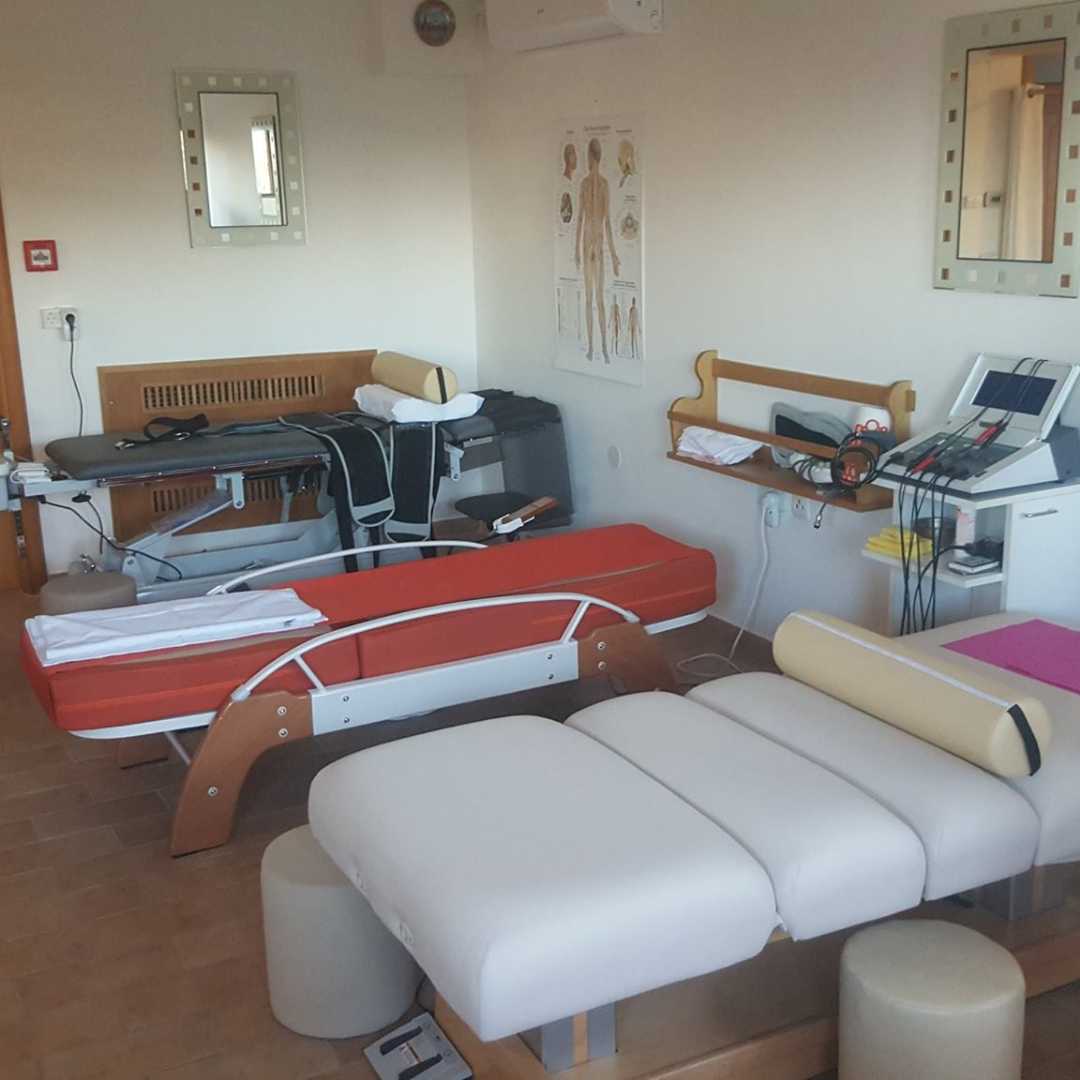
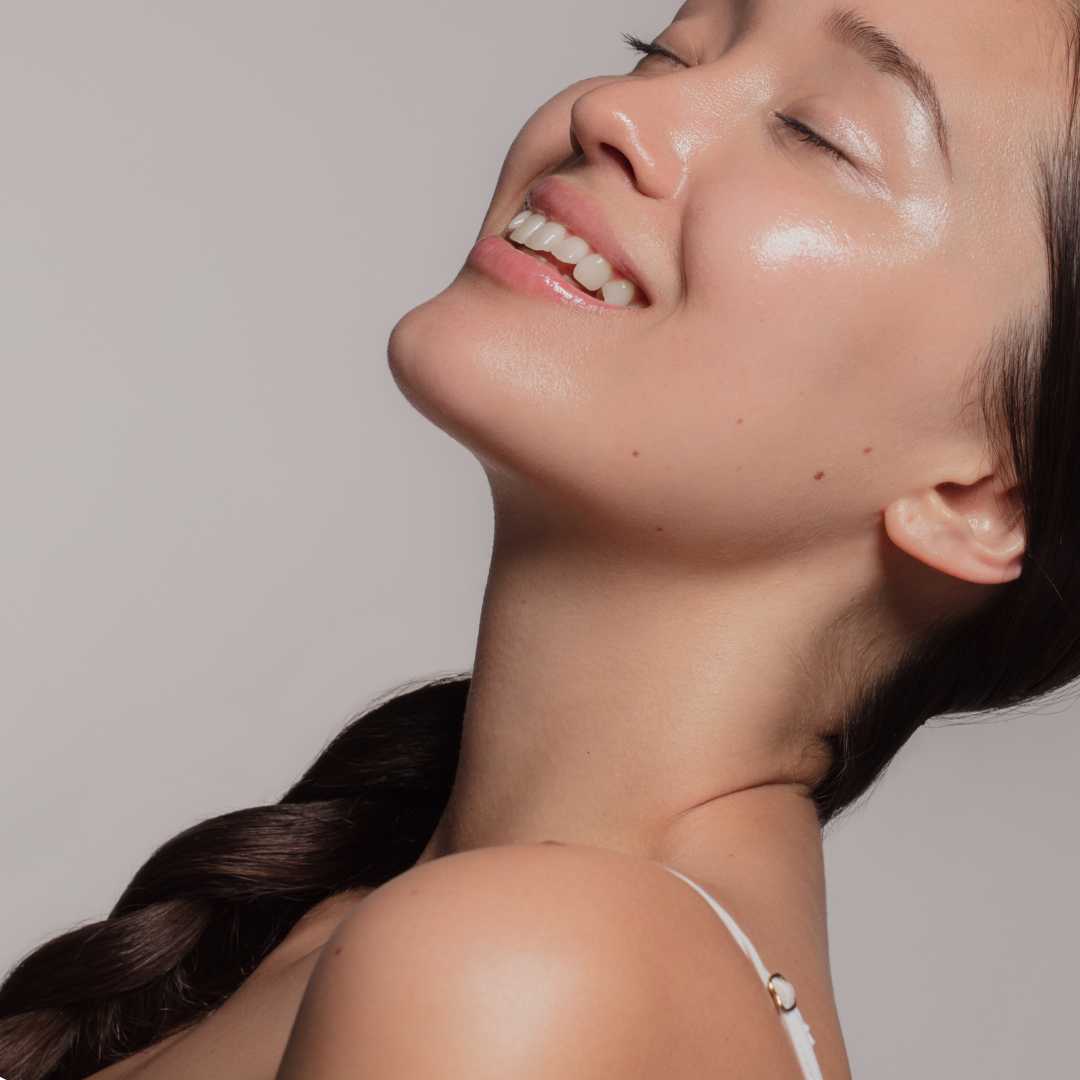

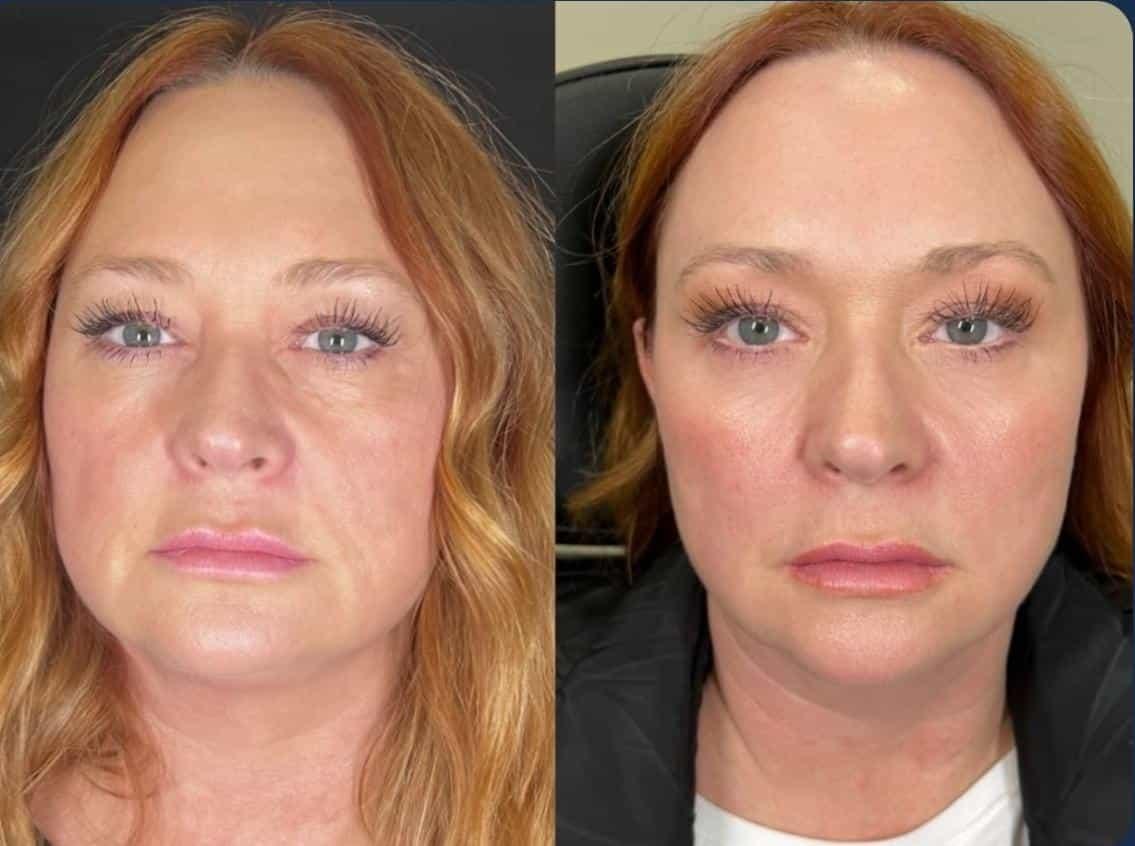
-(1).png)
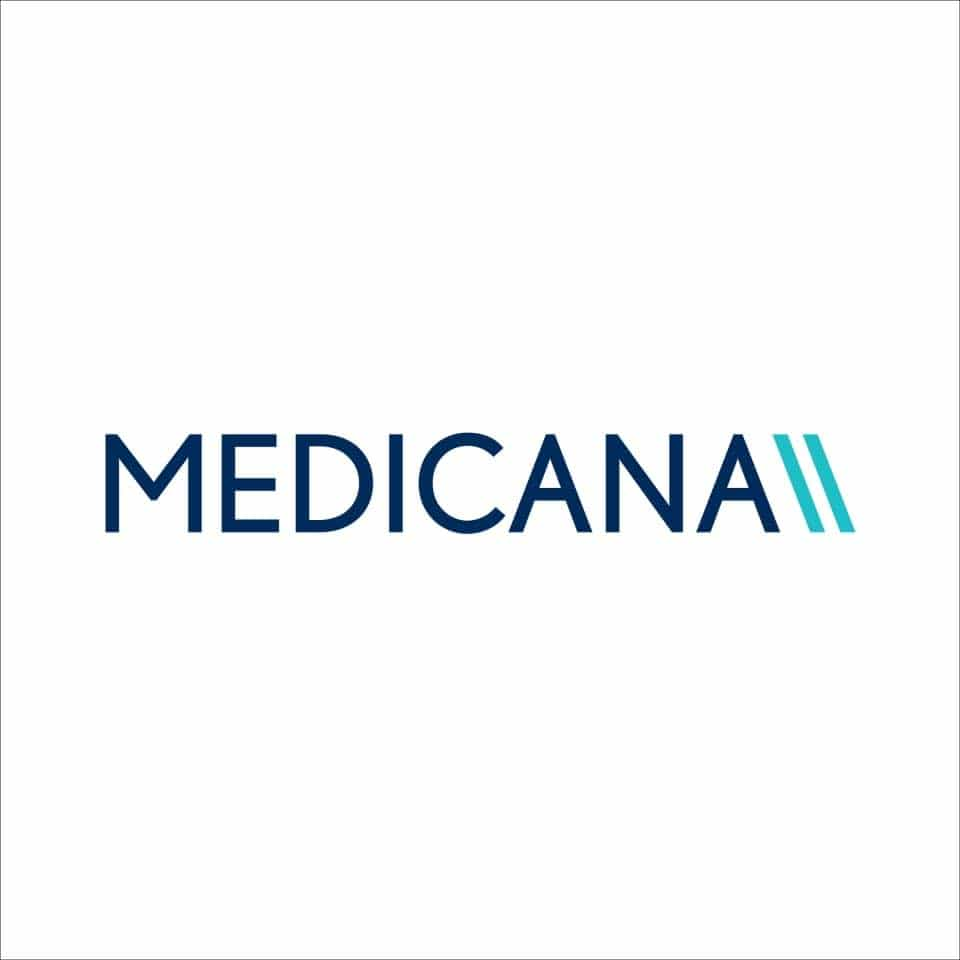


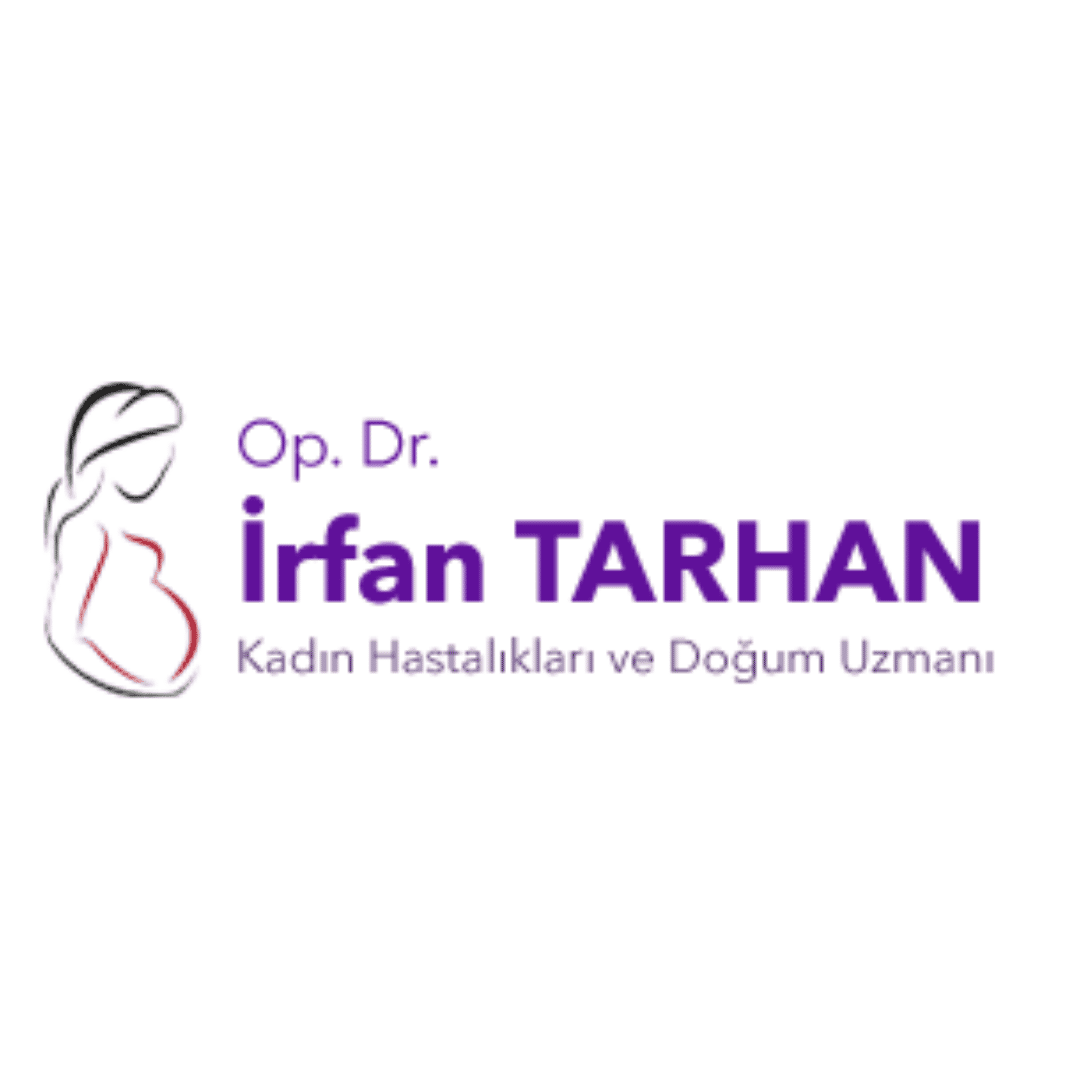
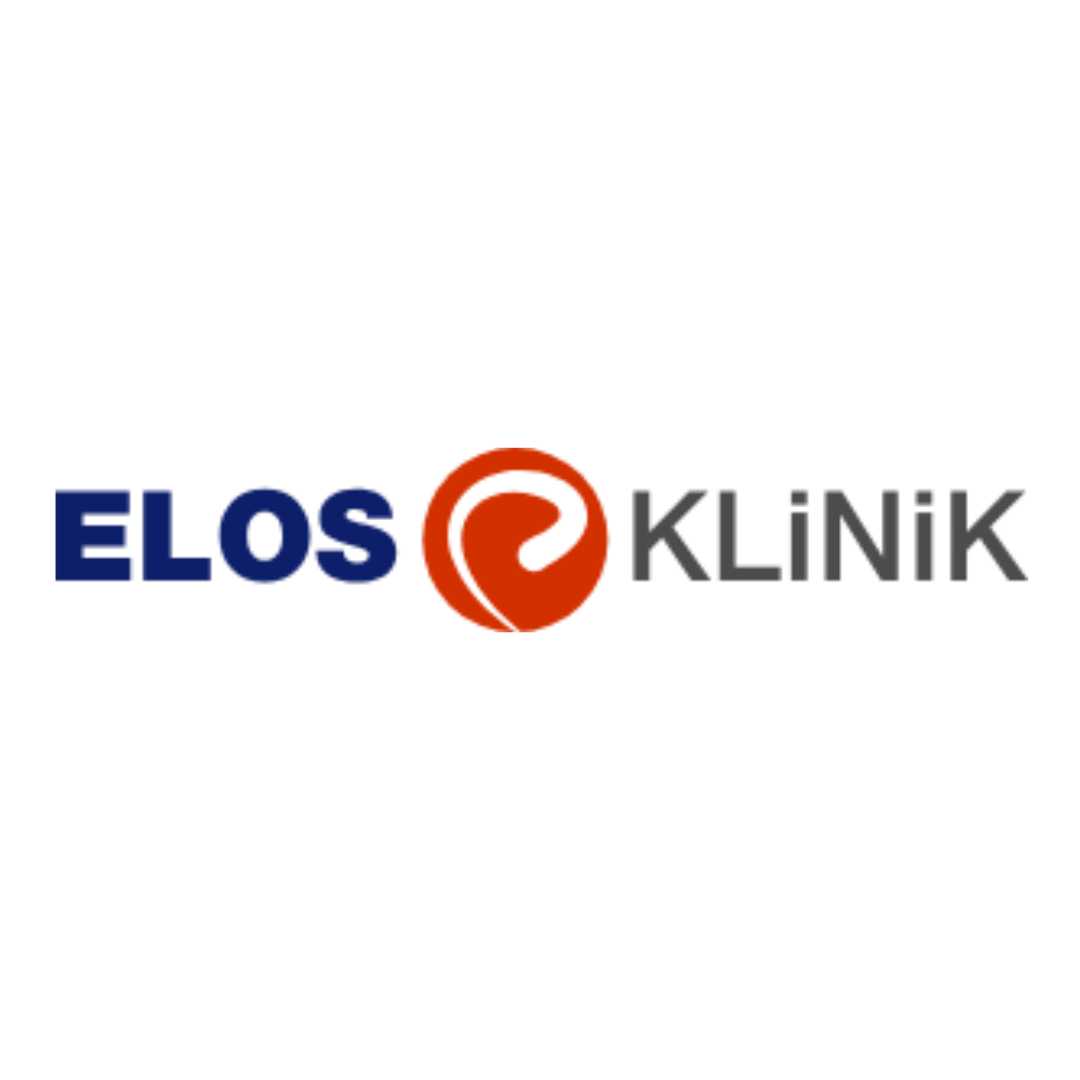

Share this listing